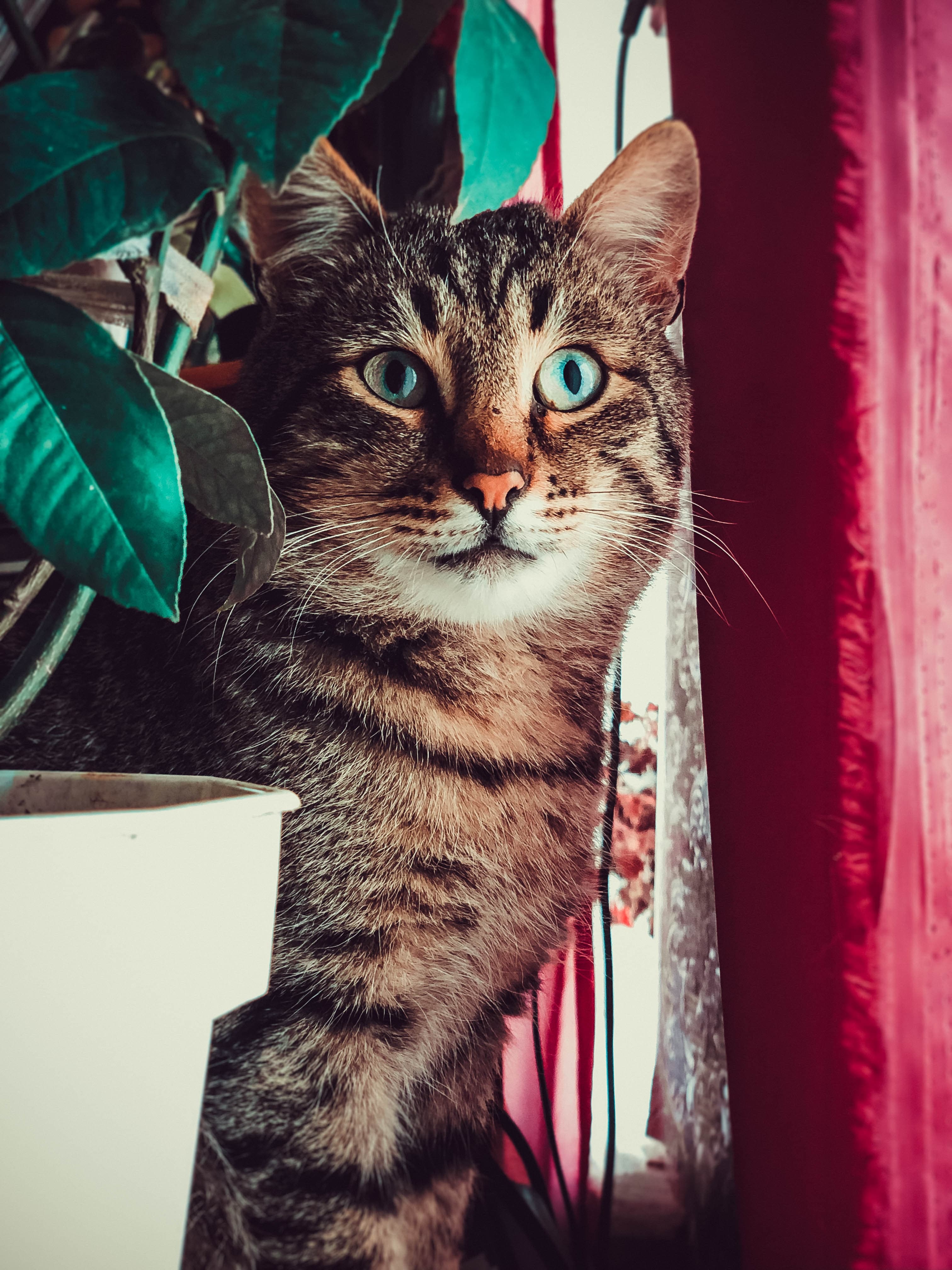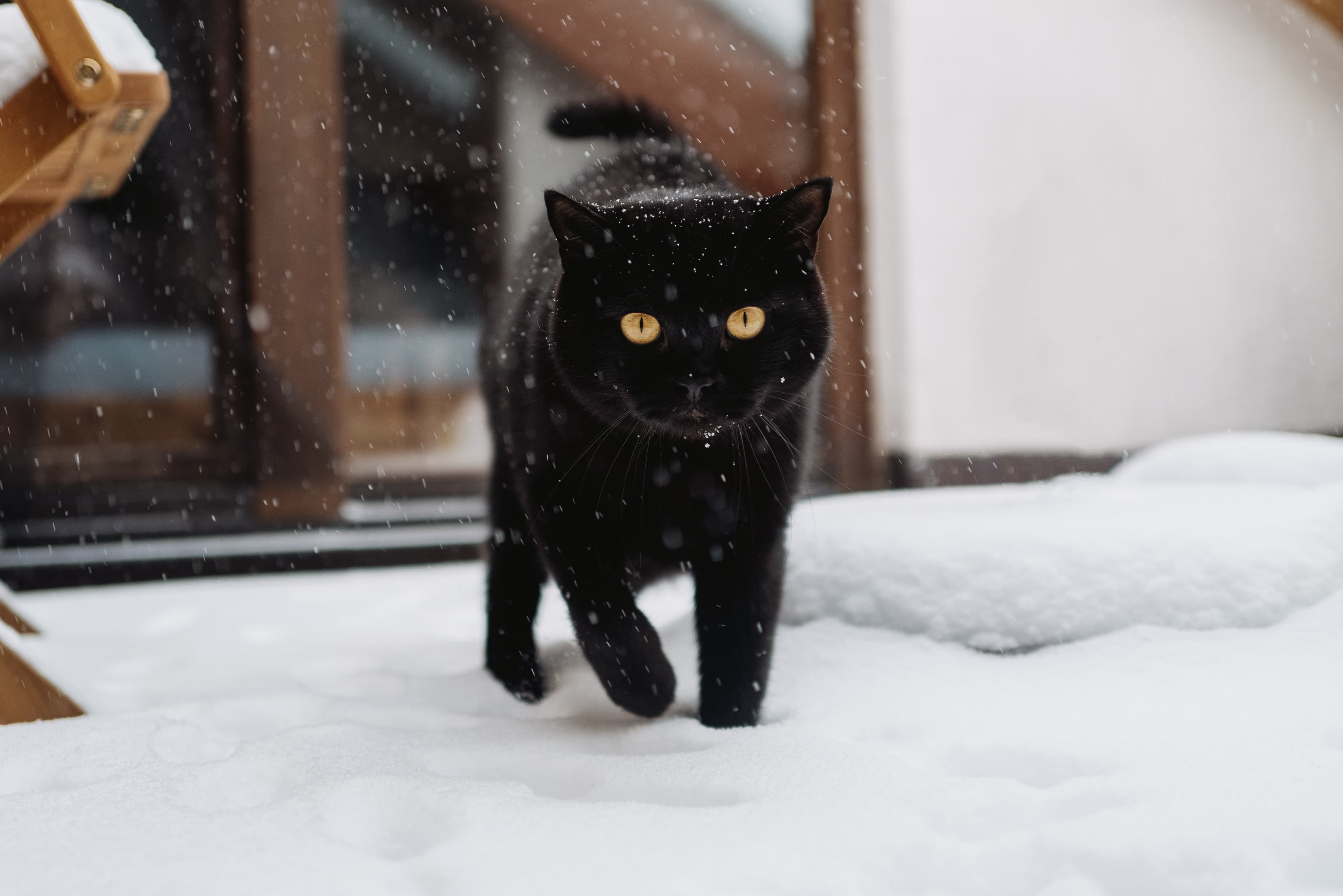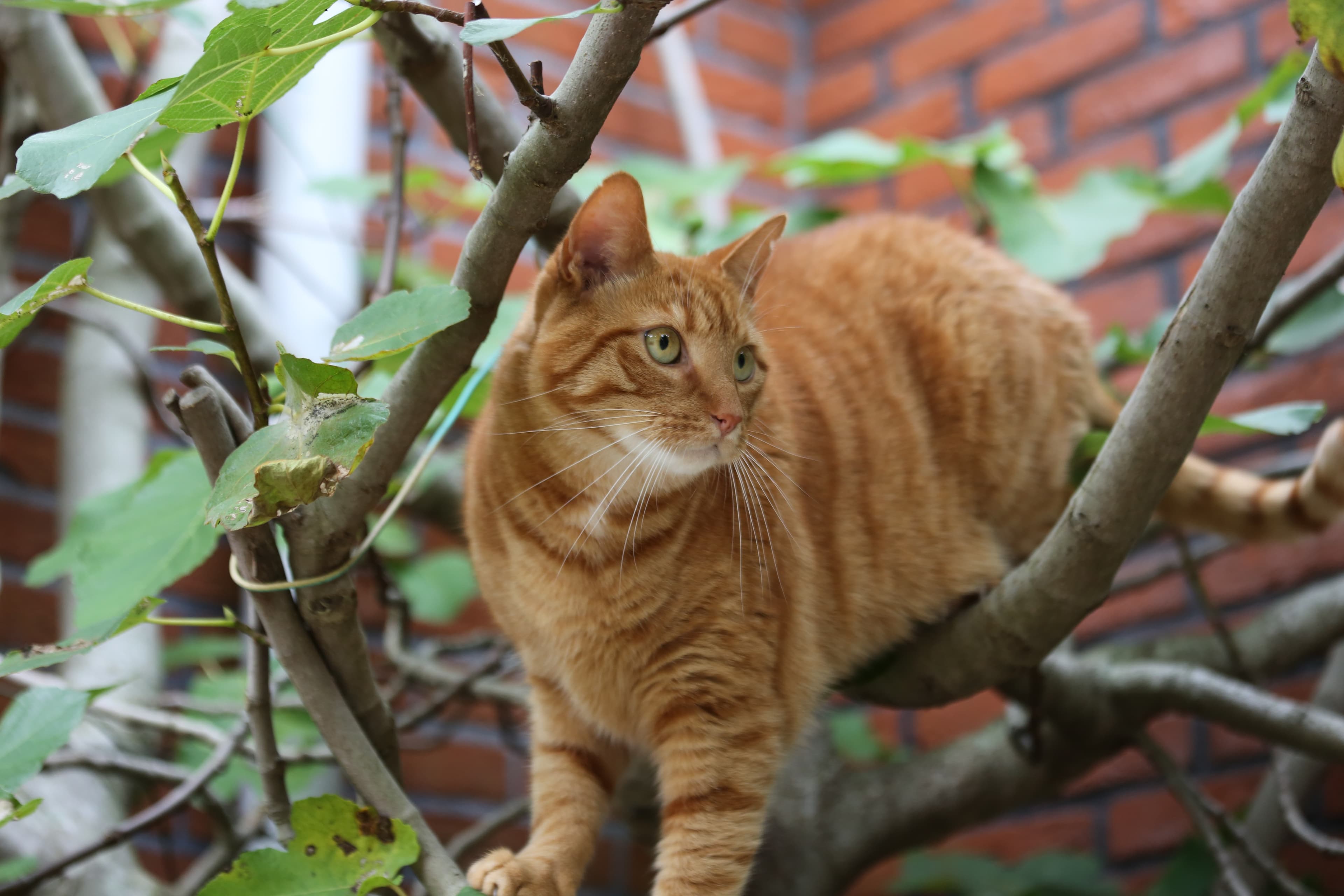Caring for your outdoor cat
An outdoor cat is one that can come and go as it pleases, spending time both inside and out. If you have an outdoor cat, there’s a lot to think about, and we’re here to tell you more!
When you first bring home a cat you plan to let outdoors, it’s wise to keep them inside initially, giving them time to settle into their new surroundings. Once they’re comfortable, you might consider introducing a harness for walks. This can help them learn their territory and find their way home.
Consider the environment your cat will explore, as dangers can vary between urban and rural areas. Common outdoor hazards include traffic, snake bites, and rat poison.
Cats can sometimes get into scraps, leading to injuries like scratches and bite wounds. You can find out more about what to do if your cat suffers from such injuries here. To keep tabs on your cat’s adventures, a GPS collar can send location updates directly to you via satellite.
Remember that weather affects your outdoor cat. On warm days, ensure they have plenty of water to prevent dehydration. Like humans, cats can suffer from heatstroke, so contact a vet immediately if you suspect this. During cold weather, bring your cat indoors regularly to warm up and prevent frostbite. A reflective collar is also a good idea for visibility in the dark.
To protect your outdoor cat, ensure they are neutered, vaccinated, and microchipped. Neutering is typically recommended between 4 to 6 months of age. Adult cats should be vaccinated annually against feline distemper and every three years against feline plague. A microchip is vital in case your cat gets lost, so be sure to register it.
Outdoor cats often hunt mice and voles, so regular deworming (a couple of times a year) is a good idea. You can find more information about deworming here. To check for ticks, parasites, sores, or swelling, gently feel and brush your cat’s coat daily. Learn more about how to check your cat here.
Having good insurance is also important. If the unexpected happens, you can get prompt veterinary care, and the cost won’t be as high. We’re here to support you and your cat, before and after any injury.






